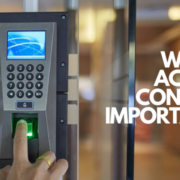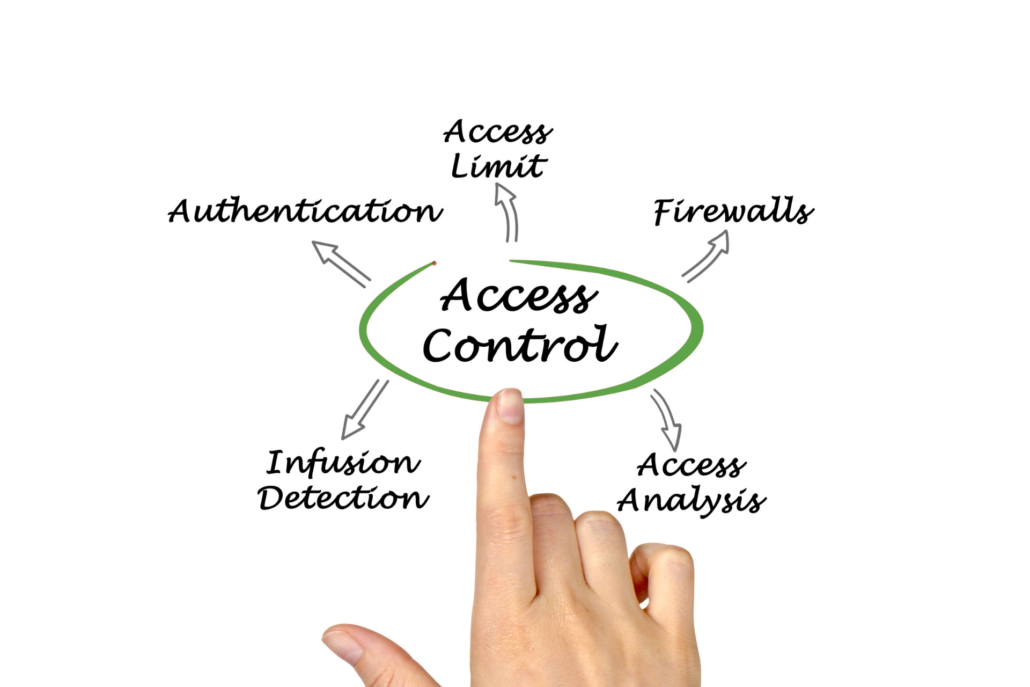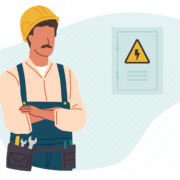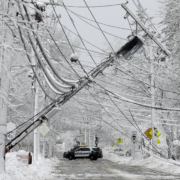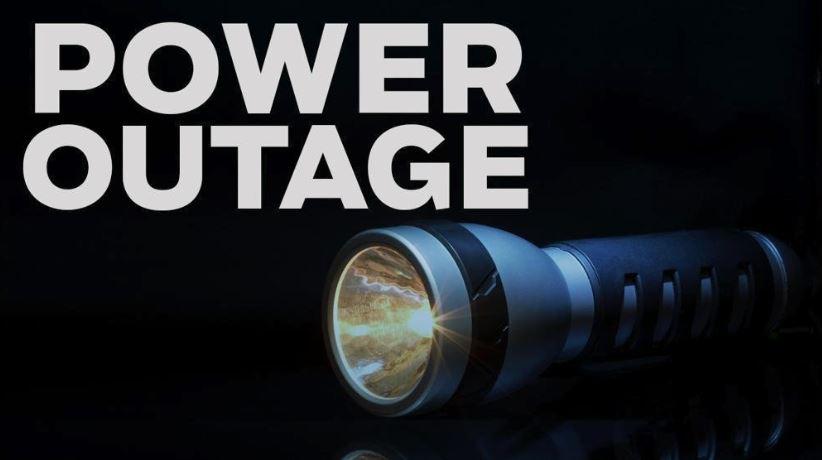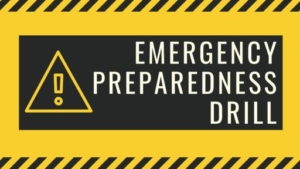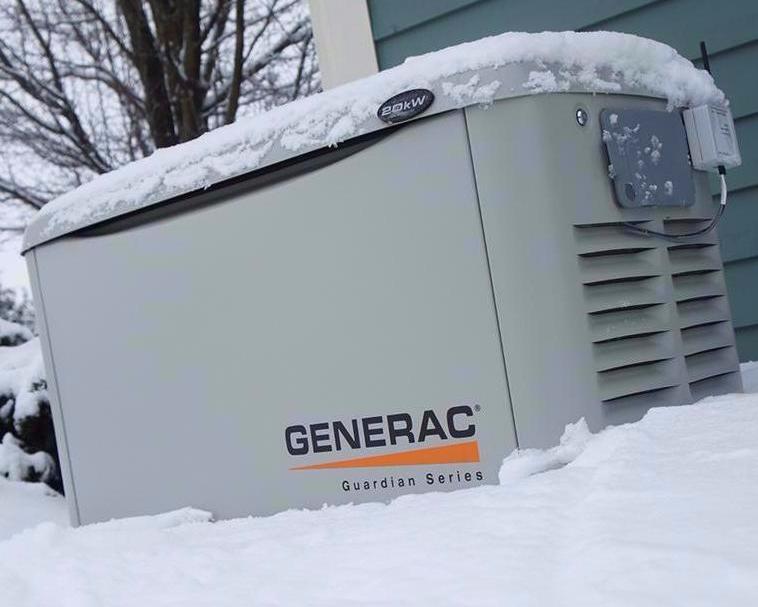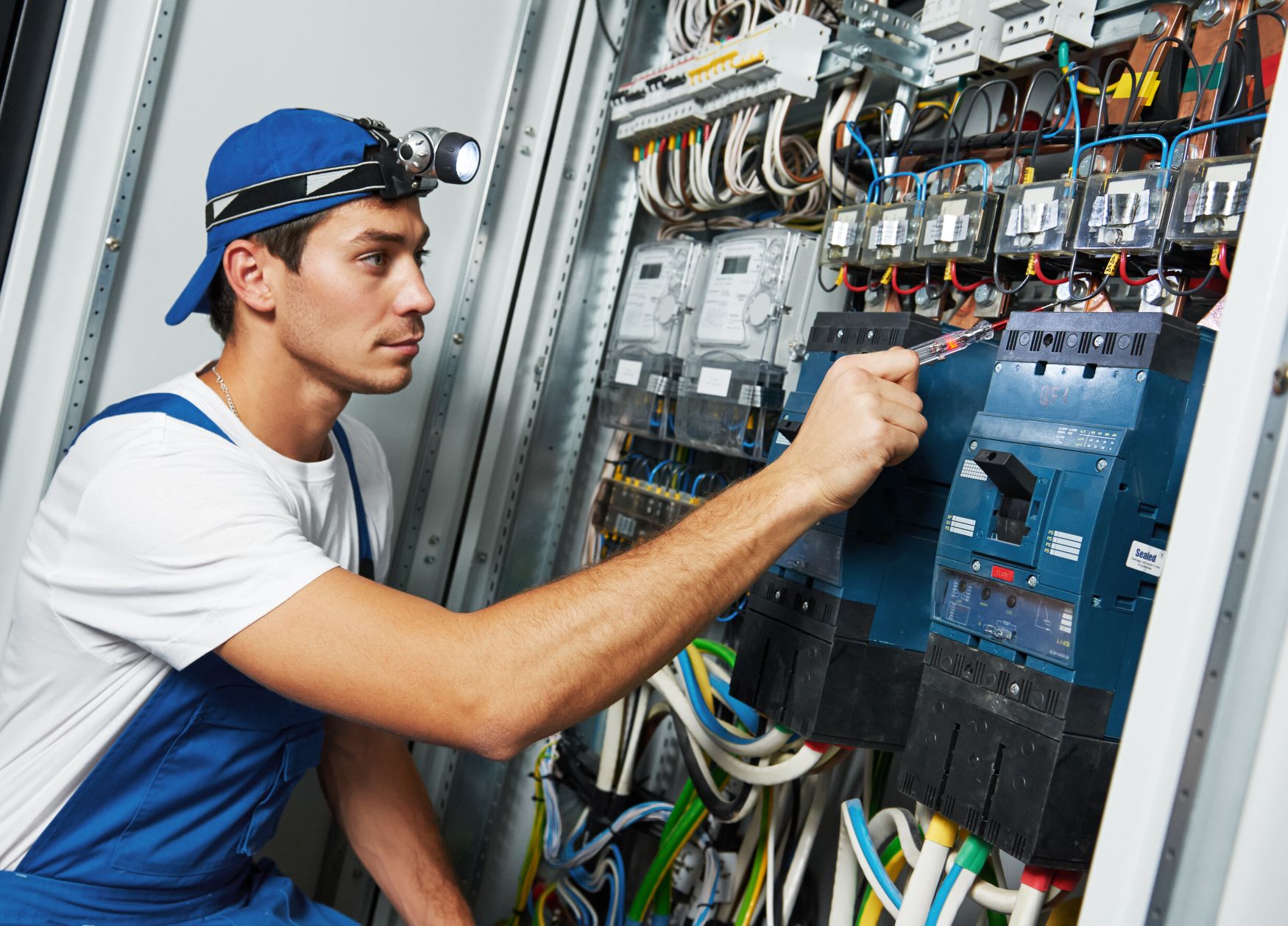
Source: United Electrical
If you’re a business owner or in charge of property management, there’s a good chance you’ve considered, or gone forward with, hiring an electrician for your business’s electrical needs. Therefore, you likely understand the importance of keeping your workplace safe from electrical hazards. It’s difficult finding a licensed, high-quality, and trusted electrician. This is especially true once you’ve invested a large amount of money into a new project or major repair. Researching potential electricians can be confusing because of the different types of electricians available for hire. For example, some electricians offer expertise on a very specialized and centralized focus while others provide services for all standard electrical needs. How will you know which type of electrician is right for your business? Luckily a commercial electrician specializes in business electrical needs.
Choosing the Right Commercial Electrician
Above all, you need an experienced commercial electrician who’s performed quality commercial electrical work for at least a few years. An electrician with more experience is likely going to have more knowledge about finding solutions for the problems your business faces. A good commercial electrician is adaptable, flexible, and creative. This is especially necessary for businesses needing a quick electrical solution or advice on a specific type of building. Hire a commercial electrician with relevant and up-to-date licenses and certifications. A high-quality commercial electrician continuously updates their education and training and remains current on the proper codes to abide by safety regulations.
Additionally, a good commercial electrician works easily with a variety of people, including business owners, builders, and commercial contractors. They also need excellent communication and listening skills for communicating effectively and relaying what needs to be done for a project to reach successful completion.
How Your Business Benefits From a Commercial Electrician
Virtually any and every business requires electricity for some aspect of their business. Licensed electrical contractors know everything there is to know about electrical systems. That being said, they can suggest ways of reducing the electricity usage of your business. They can also recommend repairs and fixes if any electrical equipment is experiencing problems. Here are some reasons why hiring a commercial electrician is beneficial for your business:
Commercial Lighting
Proper visibility and lighting are crucial for making sure your employees are working to the best of their abilities. There are a variety of different lighting options available. Therefore, every business owner must choose the right type for their building. Automated lighting systems are one modern lighting solution for businesses. Automated lights minimize electrical waste and save your business money.
Electrical Codes
You already have a lot on your plate and worrying about electrical regulations and electrical codes isn’t high on your list of priorities for running your business. With this in mind, licensed electrical contractors uphold the electrical codes for each location they’re operating in. Business owners can be certain the electrical work the commercial electrician they hire does is in compliance with the various codes. This is crucial for employee safety and adherence to legal standards. Keep in mind that a residential electrician may not be as familiar with codes and regulations for business. Therefore, hire a licensed commercial electrician for peace of mind.
Spotting Electrical Hazards
Furthermore, commercial electrical contractors have specialized skills and training for identifying potential workplace safety hazards. A commercial electrician spots hidden issues and problems. This helps minimizes the risks of electrical fires and other electrical dangers.

Hiring a Commercial Electrician for Moving Your Business’ Location
Hiring a commercial electrician is necessary when moving the location of your business. You’ll need to know what needs to get done before moving everything into a new building. It’s very important to know what’s going to be done with your existing equipment and if you’ll be receiving any additional equipment and devices.
Hire a commercial electrician like the ones at Electrical Service Professionals when moving your business to a new location. Keep in mind that the type of location you’re moving to makes a big difference as well. Will you be in a new office? A restaurant/? A store? As an example, a restaurant could have 20 or more separate pieces of equipment and machinery that require electrical connections, certain voltage levels, and different levels of lighting. This type of electrical work requires a licensed commercial electrician to evaluate the electrical needs of your business before and after moving. Take these steps to make sure you have everything in place for your new location:
Step 1: Gather All Necessary Information
Make sure you have all the information ready before the commercial electrician arrives on the worksite including:
- The type of machinery and equipment that needs to be moved
- The voltage that each piece of equipment requires
- How many machines and how much equipment you have
- Locations of phone lines, computers, network equipment, cash registers, etc.
- The type of lighting you’re considering or what’s already installed (high bay lighting, recessed lighting, low voltage lighting, automated lighting, etc.)
Therefore, without any of this information, your commercial electrician will be lost and spend a lot of their time trying to figure out the answers to these questions. As always, if you need help with anything electrical-related, like the type of lighting that would be best for your business, we’ll be happy to come to your location and figure out a few options for you.
Step 2: Electrical Evaluation
Next, call up the electricians at Electrical Service Professionals to come to your new site and figure out what electrical work needs to be done.
Step 3: Permit Process and Electrical Drawings
After receiving all of the information and suggestions from the commercial electrician, begin the electrical permit process for the location of your new business. During this process, an electrical engineer creates a plan for the township detailing the electrical work and project. This is how you get your electrical permit.
Step 4: Beginning Electrical Work
Once all of your electrical work has been approved and you’ve received your permit, Electrical Service Professionals will begin on your project. Introductory work includes running new electrical wires, installing new lighting, and any other necessary preliminary work.
Never try to cut corners or save money by hiring an unlicensed electrician to perform electrical work. Additionally, it’s best to even steer clear of a commercial electrician without a quality reputation. Choosing the wrong commercial electrician for your business can delay your opening time and increase your stress. Looking for electricians you can trust, look no further than Electrical Service Professionals! We are a certified team of licensed electricians offering commercial, and industrial electrical services. Click here to get in touch for your next electrical project!











 Power down computers and other office equipment at the end of the day. If computers are not being used through the hours when your staff isn’t working, have your team be in the habit of shutting them down before they leave. Turning off and unplugging as many devices as possible at the end of the day is a simple way to cut back. This includes energy efficient coffee makers, toasters, and similar appliances.
Power down computers and other office equipment at the end of the day. If computers are not being used through the hours when your staff isn’t working, have your team be in the habit of shutting them down before they leave. Turning off and unplugging as many devices as possible at the end of the day is a simple way to cut back. This includes energy efficient coffee makers, toasters, and similar appliances.